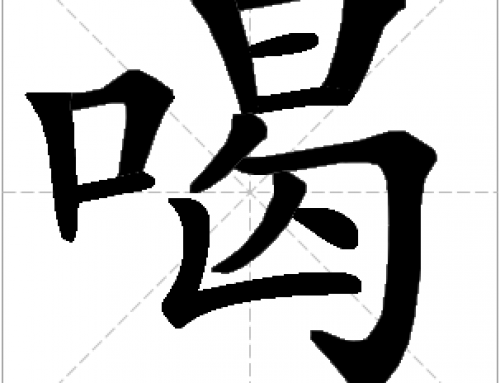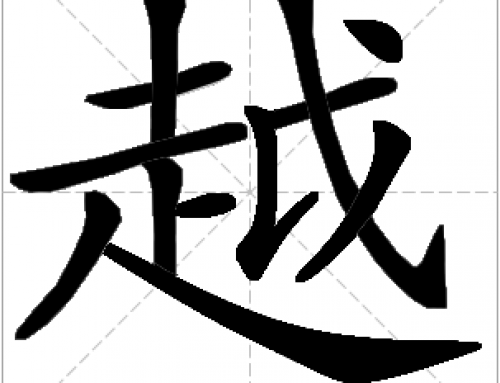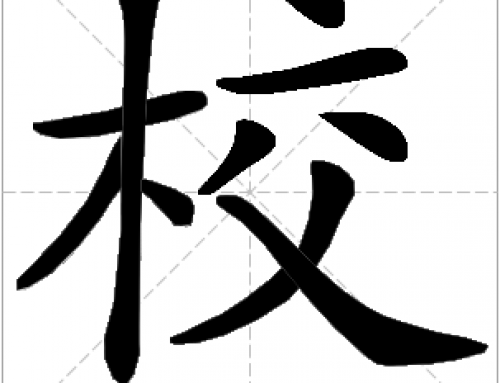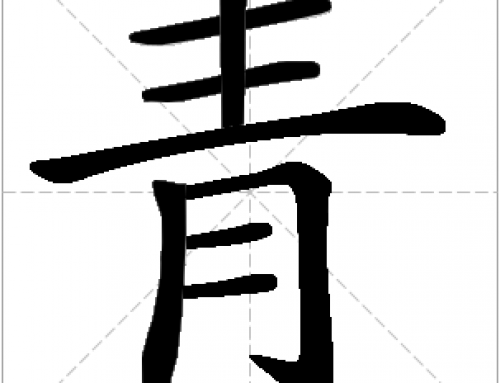
3 strokes
3 画
shàng

héng
horizontal
- up; upper; upward
- previous; superior
- (used after a noun) in; on; at
- go up; get on
- go to; leave for
- be engaged in; start to do
- apply; supply
- up to; supply
- up to; as many as
- used after a verb, indicating that some kind of result has be made by the action
shàng-bān
上班
v.
go to work; start work
shàng-chǎng
上场
v.
appear on the stage; enter the court or field
shàng-dàng
上当
be take in; be fooled
shàng-dì
上帝
God
shàng-fēng
上风
n.
windward / advantage; superior position
shàng-gōu
上钩
v.
rise to the bait; get hooked
shàng-jí
上级
n.
higther level; higher authorities
shàng-jiē
上街
v.
go into the street; go shopping; demonstrate against
shàng-jìn
上进
v.
go forward; make progress
shàng-kè
上课
v.
attend class / give hooked
shàng-lái
上来
v.
come up
shàng-lù
上路
n.
set out on a journey; start off
shàng-mén
上门
adj.
come to sb.’s home; drop in
shàng-miàn
上面
n.
on the surface of; on the top of; above; over
shàng-qu
上去
v.
go up
shàng-rèn
上任
v.
take up an official post; assume office
shàng-shì
上市
v.
appear on the market; list (on stock exchange)
shàng-shù
上述
adj.
abve-mentioned; aforementioned
shàng-sī
上司
adj.
superior; boss
shàng-suàn
上算
adj.
paying; worthwhile
shàng-tái
上台
v.
go up onto the platform / assume power; come to power
shàng-wǔ
上午
n.
morning; forenoon
shàng-xué
上学
v.
go to school; attend school
shàng-yǎn
上演
v.
put on the stage; perform
shàng-yǐn
上瘾
adj.
be addicted to; get into the habit of
shàng-yìng
上映
v.
show (of a film); be on
shàng-yóu
上游
n.
upper reaches / advanced position
shàng-shǎng
上涨
v.
rise; go up
shàng-zhèn
上阵
v.
go into battle; pitch into the work
shàng-guǐ-dào
上轨道
go on the right track; begin to work smoothly
shàng-liáng bú zhèng, xià-liáng wāi
上梁不正,下梁歪
if the upper beam is not straight, the lower ones will go slant; fish begins to stink at the head
shàng-qì bù jiē xià-qì
上气不接下气
gasp for air; be out of breath
shàng-tiān wú lù, rù-dì wú-mén
上天无路,入地无门
there is no road to heaven and no door into the earth; be up against the walls
shàng wú piàn-wǎ, xià wú cùn-tǔ
上无片瓦,下无寸土
have neither a tile over one’s head nor an inch of land under one’s feet; in complete poverty
shàng-xíng-xià-xiào
上行下效
those below follow the (usu. bad) examples of those above
Usage 用法
up; upper; upward
Wǒ-men yì-qǐ wǎng shàng pá.
我们一起往上爬。
We climb upward together.
previous; superior
Wǒ shàng-xīng-qī hái jiàn-guo tā.
我上星期还见过他。
We climb upward together.
(used after a noun) in; on; at
Bēi-zi-shang yǒu nǐ-de zhǐ-wén.
杯子上有你的指纹。
Your fingerprints are on the cup.
go up; get on
Kuài shàng chē, wǒ sòng nǐ qù.
快上车,我送你去。
Get in the car, I will drive you there.
be engaged in; start to do
Xīng-qī-tiān wǒ xǐ-huan shàng diàn-yǐng-yuàn.
星期天我喜欢上电影院。
I like to go to the cinema on Sunway.
apply; supply
Jīn-wǎn wǒ yào shàng yè-xiào.
今晚我要上夜校。
I will go to the cinema on Sunday.
up to; supply
Hái yào zài shàng yí-biàn yóu-qī.
还要再上一遍油漆。
It still needs one coat of paint.
up to; as many as
Xué-xiào-lǐ yǒu shàng-bǎi rén dé-le gǎn-mào.
学校里有上百人得了感冒。
There were as many as a hundred people who caught cold in the school.
used after a verb, indicating that some kind of result has be made by the action
Zǒu de-shí-hou bié wàng-le bǎ mén suǒ shàng.
走的时候别忘了把门锁上。
Don’t forget to lock the door when you leave.







